Bermejo’s mastery of the techniques of painting is widely considered without equal among 15th-century Spanish artists. Only around 20 known works from his hand survive; this display includes six that have never before left Spain, including the famous Pietà from Barcelona Cathedral. Find out more from the National Gallery’s website.
Preview the exhibition below | View Apollo’s Art Diary here
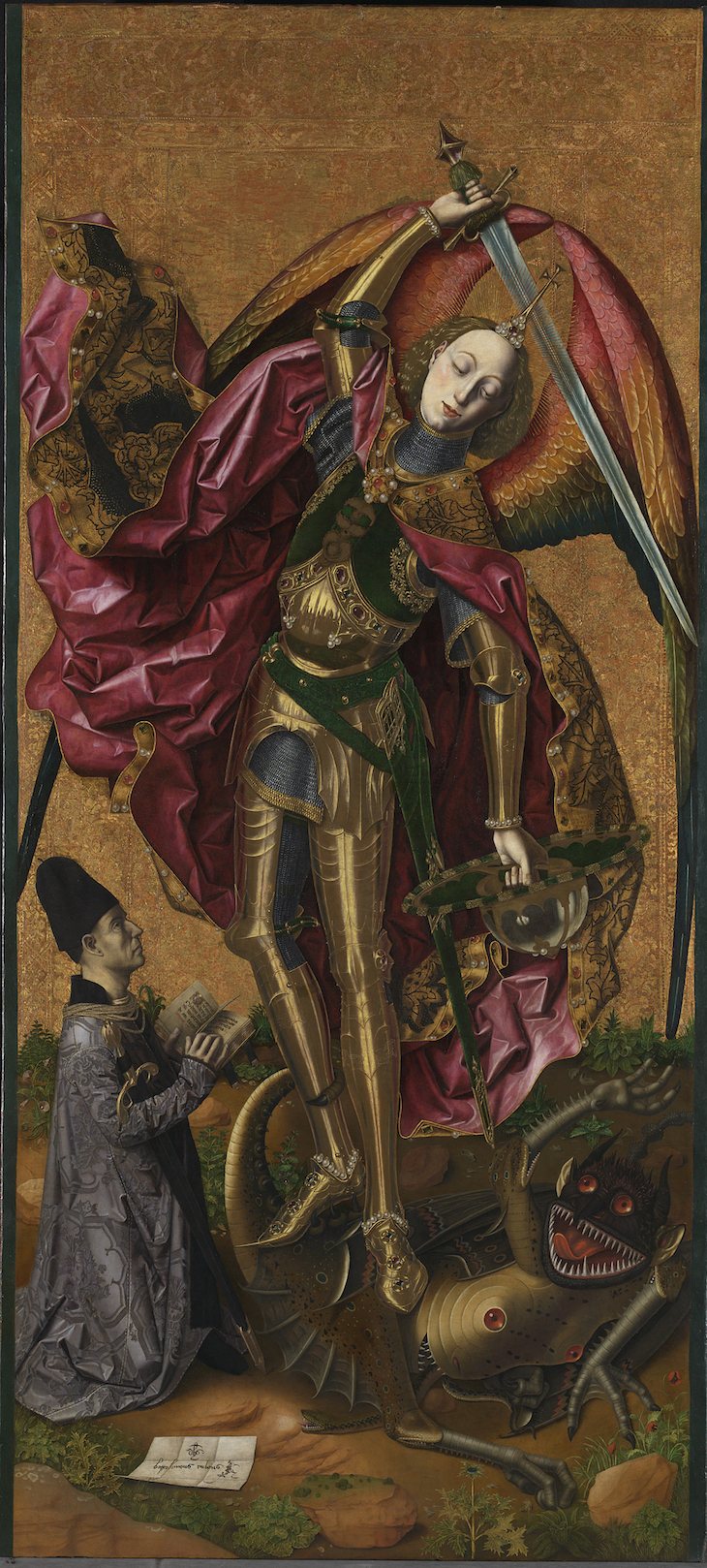
Saint Michael triumphant over the Devil with the Donor Antoni Joan (1468), Bartolomé Bermejo. © The National Gallery, London
Bartolomé de Cárdenas – nicknamed Bermejo (meaning ‘reddish’), perhaps for the auburn colour of his hair – was born in Cordoba in around 1440. Little is known about where he received his training, but his mastery of oil painting techniques implies that he had direct contact at least with the work of contemporary Flemish painters. Most impressive in this painting, which has recently been restored and is Berjemo’s earliest known work, is the equally convincing texture with which Bermejo has conveyed fabrics, demon’s scales, and shining armour. A reflection of Jerusalem gleams from St Michael’s breastplate.
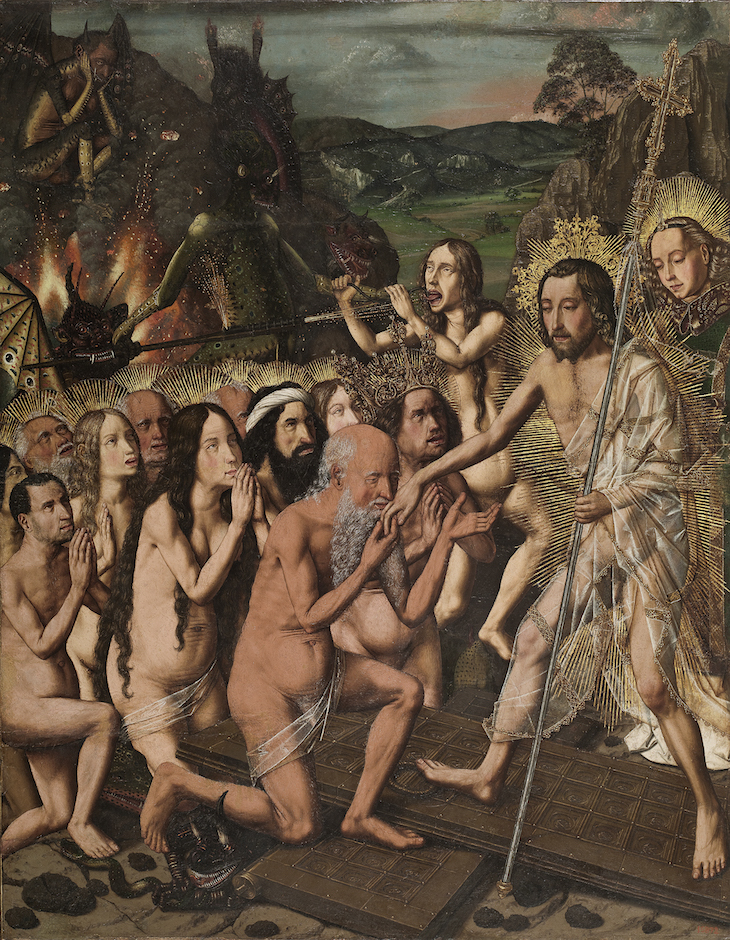
Descent of Christ in Limbo (c. 1470–80), Bartolomé Bermejo. Photo: © Museu Nacional d’Art de Catalunya (2019)
In 1474 Bermejo moved to the town of Daroca, in the Kingdom of Aragon, where he completed a four-panel predella depicting Christ the Redeemer, dedicated to Santo Domingo de Silos. This Descent of Christ into Limbo, with its throngs of penitents beset by demons, evinces Bermejo’s talent for warts-and-all realism.
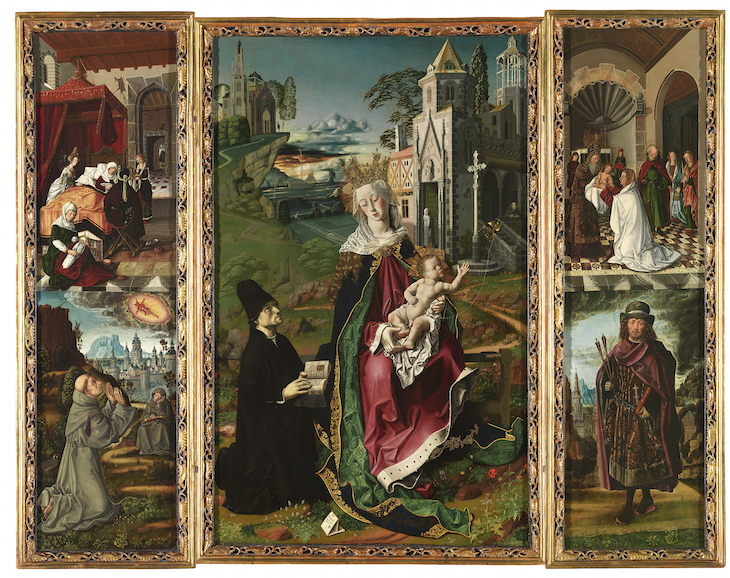
Triptych of the Virgin of Montserrat (c. 1483–84), Bartolomé Bermejo and Osona workshop. Photo: Museo Nacional del Prado, Madrid; © Diocesi di Acqui-Cattedrale N. Signora Assunta, Acqui Terme
The central panel of this triptych, which was commissioned by a Piedmontese cloth merchant for his family chapel (and later bequeathed to the cathedral at Acqui Terme), is one of only three works that Bermejo signed during his lifetime. The beauty of the sunset and the astounding detail of the landscape in which the Madonna is seated set the work apart from that of other painters in the Kingdom of Aragon – such as the Osona brothers, who completed the two wings of the altarpiece.
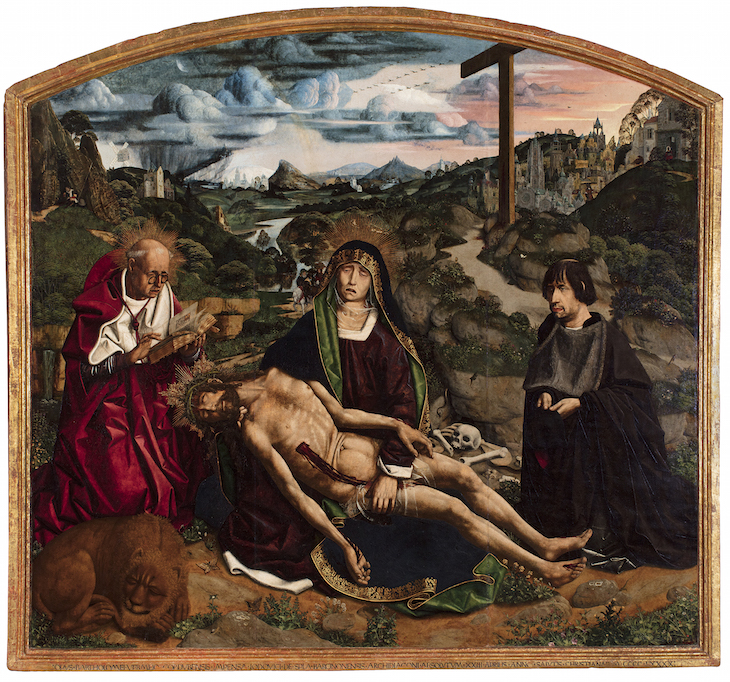
Desplà Pietà (1490), Bartolomé Bermejo. Photo: Guillem F-H; © Catedral de Barcelona
Bermejo spent his final years in Barcelona, where in 1490 he completed his masterwork. The Desplà Pietà was commissioned by Canon Lluís Desplà, archdeacon of the Catedral de la Santa Creu; the donor’s portrait appears to the right of the main group. The open landscape, replete with plants and animals, reveals Bermejo’s debt to the illusionist painting of the Flemish masters.



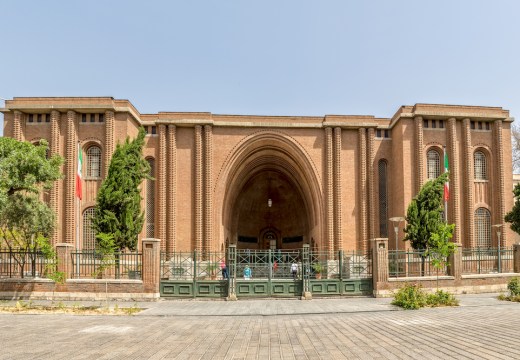

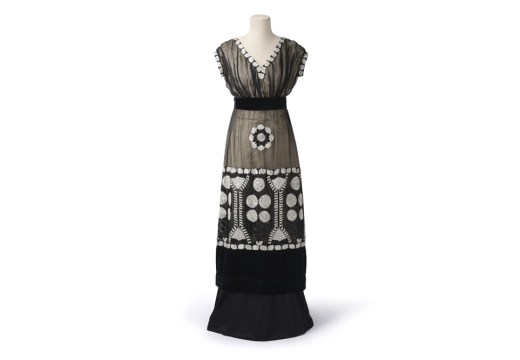
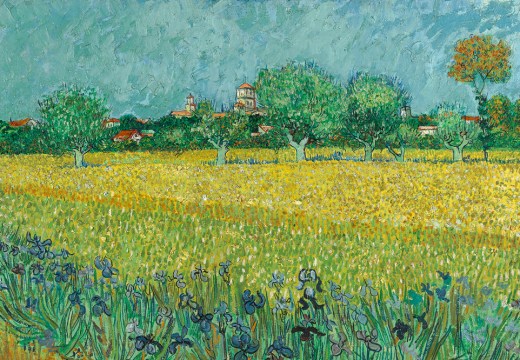
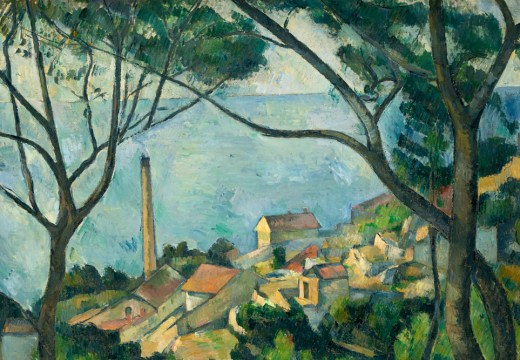
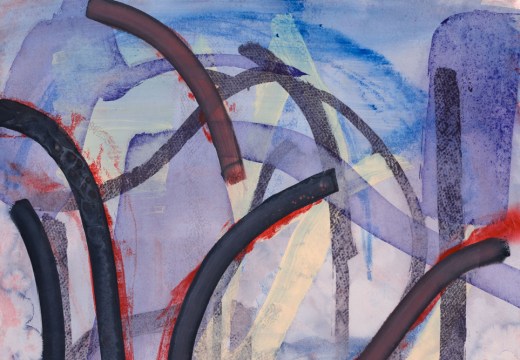
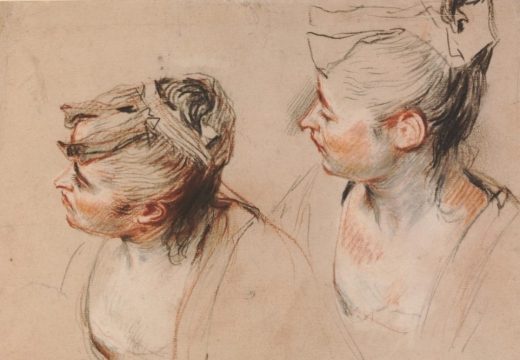
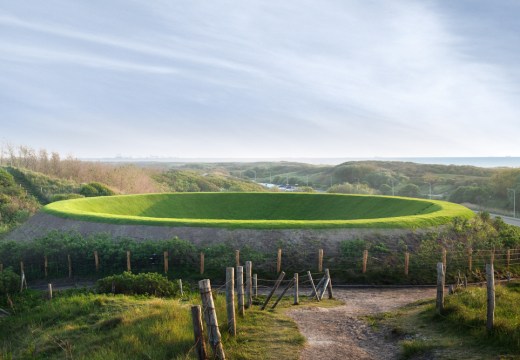
![Masterpiece [Re]discovery 2022. Photo: Ben Fisher Photography, courtesy of Masterpiece London](https://apollo-magazine.com/wp-content/uploads/2022/07/MPL2022_4263.jpg)
Sitting pretty: the world’s best museum benches